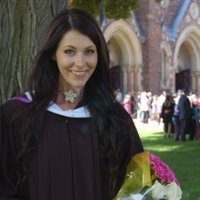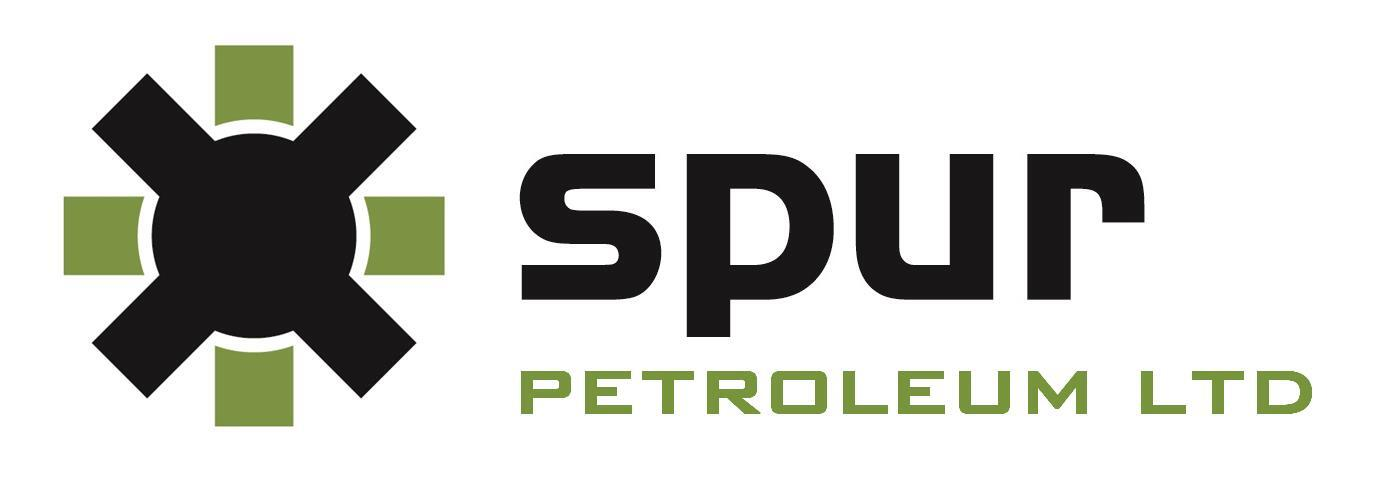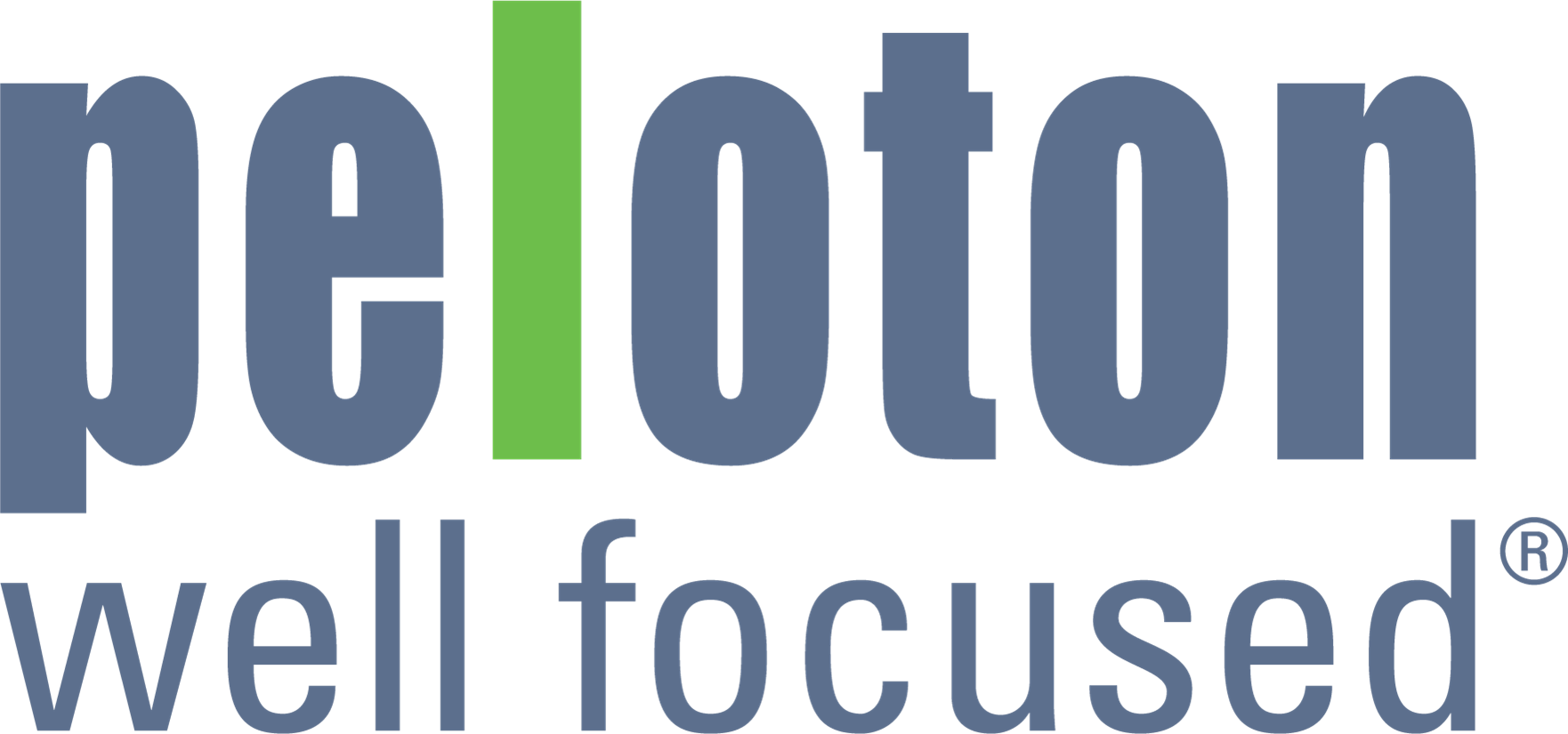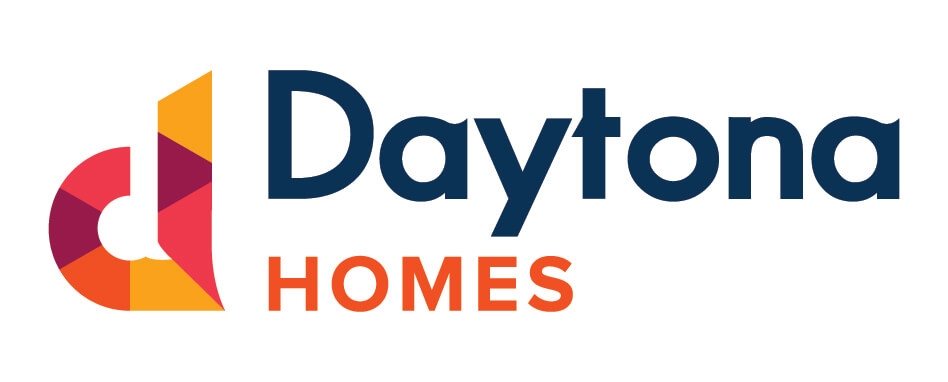Diagnosed with laryngeal cancer at the age of 18, Julie Deleemans remembers the psychological toll of cancer more than its physical hardship. They removed the cancer with a total laryngectomy — a surgical procedure that removed her larynx (voice box), thyroid and surrounding lymph nodes.
Julie then underwent three rounds of high-dose chemotherapy combined with 30 rounds of high-dose targeted radiation. Although the cancer treatments lasted only three months, the aftermath will last forever. Julie was left with a permanent tracheotomy — a hole in her throat for breathing. The radiation caused extremely painful inflammation and ulceration in her throat and ultimately damaged the tissue, causing her body to reject the TEP valve — a tracheoesophageal voice prosthesis to help her to speak.
“I was left with a tiny whisper of a voice and permanently disfigured by the surgery,” says Julie. “I could no longer speak normally, so I lost my jobs. I lost friends. Travel plans were cancelled. My life was shattered. I had no idea where I fit in anymore or what I was supposed to do.”
With a health care team singularly focused on her physical survival, Julie struggled without the social support of her friendships and without the professional support of a trained psychologist. It was an extremely isolating and painful experience.
Unable to pursue her university plans or land a job, Julie was forced to go on social assistance and continue living with her family. Instead of diving into a newfound independence, which normally comes with young adulthood, Julie was becoming more dependent.
Permanently disfigured by surgery, Julie struggled with her body image. She struggled with severe depression and anxiety and was later diagnosed with post-traumatic stress disorder. For a few years, Julie was suicidal.
After suffering for several years and trying unsuccessfully to get help, Julie decided she needed to make a change and started an undergraduate program in psychology at the University of Western Ontario. “I was looking for answers to questions that others could not seem to give me,” says Julie. “I was searching for a way to heal myself.”
With the help of a Kids Cancer Care Derek Wandzura Memorial Scholarship, Julie is pursuing a PhD in psychosocial oncology at the University of Calgary Cumming School of Medicine. She is investigating the effects of chemotherapy on the gut microbiome to understand how changes in the gut may affect the survivor’s physical and psychological wellbeing.
With this research, Julie hopes to arm researchers and health care professionals with the knowledge they need to develop targeted interventions to prevent or reverse the long-term effects of cancer treatments.
Julie is interested in putting her research into action by developing the interventions herself. She sees a day when cancer treatments may be supplemented by proper nutritional support (i.e., a healthy diet rich in pre- and probiotics), regular exercise and complementary therapies such as mindfulness and yoga. Patients would also receive social and psychological support throughout the cancer journey.
“After nearly a decade I feel I have finally come full circle — from patient to advocate and now researcher,” says Julie. “My experience with cancer is why I do the work that I do. For many years I wondered why I had survived cancer and what my purpose in life is. Now I understand. I firmly believe the reason I survived and endured such challenges was to prepare me for the opportunity to help others navigate the cancer journey.”
Julie draws strength from her research work and from the words of Carl Jung, the Swiss psychiatrist and psychoanalyst, who famously said, “I am not what happened to me. I am what I choose to become.”














